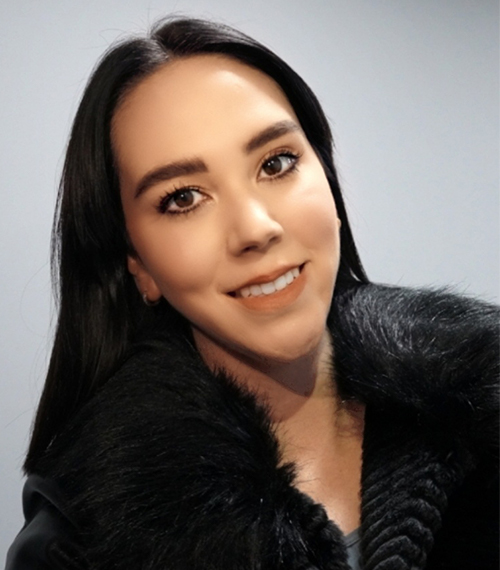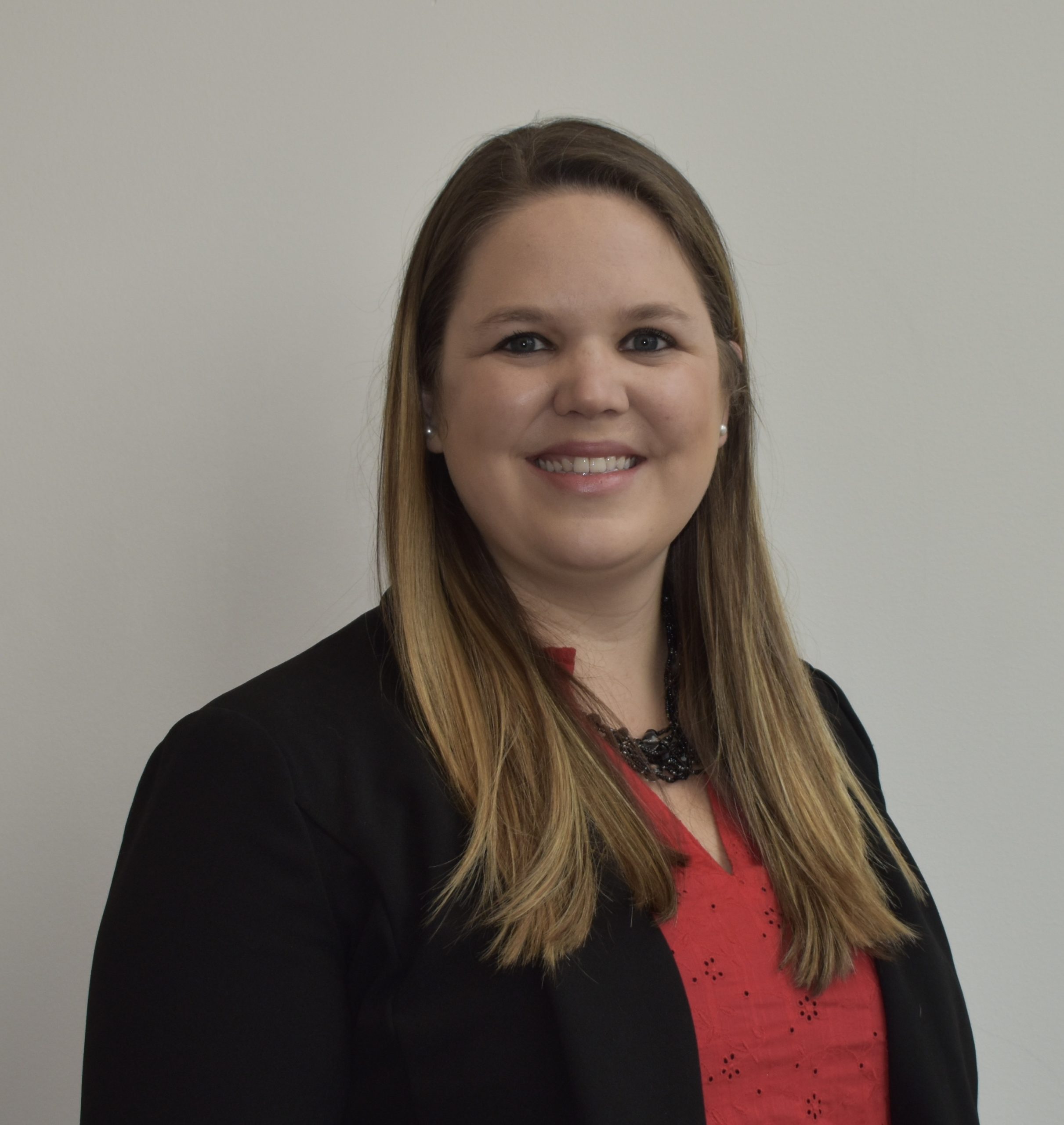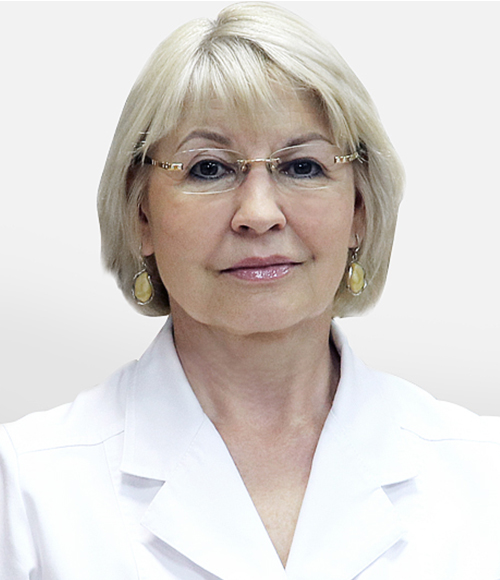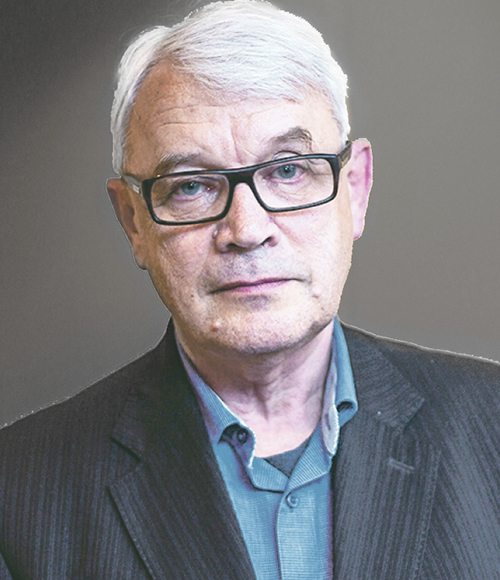Read what our users think
Read below what our customers think about our products and software solutions.

"The Optomed Aurora has been a great tool for us to use in a wide variety of species, and students love being able to see lesions. "
Dr. Ellison Bentley
University of Wisconsin-Madison
"The Aurora fundus camera is easy to use in veterinary ophthalmology and provides excellent quality images."
Dr. Carrie Breaux
Mountain West Veterinary Ophthalmology
"Our impression of the Aurora Camera was excellent"
Prof. Dr. Tjalf Ziemssen
Center of Clinical Neuroscience, Department of Neurology, University Hospital Carl Gustav Carus, Dresden University of Technology, Germany
We have tested Aurora Camera on several healthy volunteers in the last months of 2021 before the more severe restrictions imposed by Covid pandemics. Our impression of the Aurora Camera was excellent; it is a very useful tool, especially in the emergency room and for the specialists in ophthalmology, but also in the neurovascular field for the search for vascular status. The clarity of the 2D images is impressive.
"With Optomed Aurora we rapidly improved the speed and quality of our retinal photography."
Dr Janice Redmond
Consultant Neurologist
St James’ Hospital Dublin
Since the arrival of the Optomed Aurora we have made use of the device for patients seen in a General Neurology setting. These patients are seen in clinic and on consult rounds throughout the hospital both on wards and in the Emergency Department. Principally we were interested in obtaining the Optomed Aurora for the examination and documentation of fundoscopy for patients with Multiple Sclerosis in clinic and those presenting to the Emergency Department and to clinic with headache disorders, in particular idiopathic intracranial hypertension.
Prior to the Optomed Aurora these patients were examined with a direct ophthalmoscope (most typically a Welch Allyn direct ophthalmoscope) which has become increasingly challenging as an examination modality in the context of COVID-19. The requirement for physicians to wear face shields and visors when examining patients has resulted in direct ophthalmoscopy being rushed or omitted in some cases. When its performance is indicated there is an unavoidable increase in the level of contact and concomitant increase in the risk of exposure. While there have been attempts made in other centres to circumvent this (Jorge, Martins and Prata, 2020), we were keen to make use of an alternative approach.
The Optomed Aurora allows for safe acquisition of retinal images while maintaining appropriate levels of contact as required during the COVID-19 pandemic. This combines with the advantage of maintaining a documentary record of fundal images which can be compared over time in our clinic patients and the capture of significant retinal findings for educational and research purposes. The wide field of view that can be obtained without the requirement for mydriatic agents renders image acquisition feasible in a busy clinic or the ED with minimal inconvenience to patient or physician.
We found the Optomed Aurora easy to use and after a single tutorial from the manufacturers we rapidly improved the speed and quality of our retinal photography. Optomed provided us with a valuable trial period which allowed us to become familiar with the camera and have given us excellent support throughout the initial use period. The set-up and operation of the camera is straightforward and easy to explain to colleagues. Moreover, the light weight and form factor makes it feasible to bring on ward rounds and to clinic.
Reference:
Jorge A, Martins AI, Prata M, et al. Ophthalmoscopy in COVID-19 low-risk patients. Practical Neurology 2020;20:425-426.

"Aurora Exceeded my Expectations."
Dr. Erika Alvarez, Alvarez Optical, San Diego, CA
Its size makes the camera ideal for pediatric and geriatric patients. The camera is super easy to use and the quality of the images is excellent. The camera is non-mydriatic which is perfect because there is no need to dilate. In my consultations, I use aurora in all my patients without exception. Giving me the opportunity to detect anomalies in the optic nerve, drusen, diabetic retinopathy, macular degeneration, and others.
I love using the red-free images making it easy to detect any anomaly no matter how small.
Aurora has a module to capture anterior segment images, which you can take images with fluorescein since it has Cobalt blue light.
Aurora IQ is a very complete camera that will undoubtedly make a difference in your practice.
“Aurora Supero mis Expectativas.”
Su tamaño hace que la cámara sea ideal para pacientes pediátricos y Geriátricos. La cámara es super fácil de usar y la calidad de las imagines son excelentes. La cámara no es midiatrica lo cual es perfecto por que no hay necesidad de Dilatar, En mis consultas uso aurora en todos mis pacientes sin excepción. Dándome la oportunidad de detectar anomalías en nervio óptico, Drusas, retinopatías diabéticas, Degeneración Macular y otras.
Me encanta usar las imágenes con contraste el cual facilita detectar cualquier anomalía por pequeña que sea.
Aurora cuenta con un aditamento para revisar segmento anterior, el cual puedes tomar imágenes con fluorocenina ya que cuenta con luz azul.
Aurora IQ es una cámara muy completa que sin duda hará una diferencia en su consulta

"The "4 image sequence" capability is of particular use in screening for diabetic retinopathy."
Sean Collon, MD, Moran Eye Center, University of Utah School of Medicine
Of the several handheld fundus cameras I have used, this seems to be the easiest to use and most user friendly, and is capable of taking very high quality fundus photos. The “4 image sequence” capability is of particular use in screening for diabetic retinopathy as it allows for a standardized set of images (Two 50 degree images, one centered on optic nerve and one on macula, for each eye) that provide more than sufficient visualization of the fundus to reasonably assess the extent of diabetic retinopathy. As with any handheld fundus camera, there remains a learning curve to using the camera beyond what is required for tabletop cameras, especially newer models that are fully automated, but with some practice one is able to quickly obtain very high quality images for patients with clear media. Beyond obtaining images, the software aims to be compatible with a large number of EHRs and imaging systems, and the IT support staff makes themselves readily available for any assistance needed.

"This camera is easy to use for our students and doctors and allows us to more thoroughly view and document anterior and posterior segment finding. "
Rachel Fitzgerald, OD, FAAO Assistant Professor of Optometry, University of Pikeville Kentucky College of Optometry
We currently use the Aurora portable camera in our vision screenings at the University of Pikeville Kentucky College of Optometry. This camera is easy to use for our students and doctors and allows us to more thoroughly view and document anterior and posterior segment findings. This camera has enhanced our patient care in screenings and has helped us educate patients on their ocular findings while providing better data for our referrals.

"The Aurora is portable, takes good fundus photos, you don't have to dilate, and it's very easy to clean after use."
Dr. DeBoer, third-year resident in ophthalmology at the University of Southern California, Roski Eye Institute.
In my opinion, on patients who are actively contagious with COVID, I think being fully gowned with a CAPR taking images with Aurora, seems a lot safer than doing a dilated fundus exam only wearing N95 masks and an indirect.
The Aurora is portable, takes good fundus photos, you don’t have to dilate, and it’s very easy to clean after use. It normally only takes practice on one patient for a new resident to work the camera, it’s very fast and easy to use.
I think Aurora could be utilized in the emergency department. The current standard of care is ultrasound, which isn’t easy to interpret, especially if you aren’t an ophthalmologist. This could improve referrals from the emergency department to ophthalmologists.
I want to implement Aurora more into pediatrics because dilated exams on kids are challenging. They don’t like eye drops or lights in their eyes and it can be traumatic for them.
I’m interested in using the Aurora more for kids as a general screening because I think this could make it easier and faster for our pediatric population.

"Optomed Aurora is a modern, high-tech portable medical device in the practice of an ophthalmologist at any level of specialized care"
Elvira I. Saidasheva
MD, Chief Children’s Ophthalmologist of the North-West Federal District of the Russian Federation Professor, Department of Ophthalmology, North-West State University I.I. Mechnikova Head of the Ophthalmology Service of the Children’s City Multidisciplinary Clinical Specialized Center for High Medical Technologies
Experience of using a non-mydriatic fundus camera Optomed Aurora in the conditions of St. Petersburg State Budgetary Healthcare Institution “Children’s City Multidisciplinary Clinical Specialized Center for High Medical Technologies”
Own experience of using Optomed Aurora portable fundus camera in pediatric ophthalmic practice for several months made it possible to significantly expand the range of patient examinations. Thanks to the modern digital design, convenient interface, training and subsequent work with the camera did not cause difficulties. I would like to note a wide field of view (viewing angle of 50°), which is an excellent indicator when using contactless technology in a fundus camera. A high-quality TFT-LCD display with a diagonal of 4 inches made it possible to quickly analyze the resulting image in real-time mode.
In the conditions of a multidisciplinary hospital for children, we used Optomed Aurora at all levels of patient care: outpatient care, intensive care unit, intensive care unit, and other specialized departments, mainly due to the device’s autonomous operation and its compact size. In our practice, we have not identified age restrictions for the use of Optomed Aurora. Examination of newborns of the first week of life, including premature babies with pH, is convenient in the daily practice of an ophthalmologist. It is worth noting that we studied this group of patients on a fundus camera under conditions of drug mydriasis, due to low visual functions and unstable fixation of gaze, according to the age characteristics of children in the first months of life. Repeated studies were conducted for some patients, given the need for dynamic monitoring of the identified pathology.
Especially children with optic edema, retinal hemorrhages, chorioretinitis (intrauterine infection), retinopathy of premature infants, etc. needed this especially. Considering the possibility of storing the examination data in a digital format and comparing the obtained images, we were able to optimize the tactics of observation and treatment of the identified ophthalmopathology.
Thus, Optomed Aurora is a modern, high-tech portable medical device that can be useful in the practice of an ophthalmologist at any level of specialized care

"I love the portability with the cool and presentable bag"
Dr. Adeyemi Tim, Adewole MB;BS (Lagos)
British Council for prevention of Blindness (BCPB) Fellow and Commonwealth Shared Scholar at the London School of Hygiene and Tropical Medicine (LSHTM)- 2018/2019
Senior Registrar, Department of Ophthalmology, University College Hospital, Ibadan. Nigeria.
I used the Optomed Aurora non-mydriatic hand-held fundus camera for our implementation research work on diabetic retinopathy (DR) screening and economic evaluation for program sustainability in low-income settings of sub-Saharan Africa.
I love the portability with the cool and presentable bag. The device portability helped our movements between centres and guaranteed our flexibility in changing examination rooms to suit the patients. The patients found it convenient and acceptability level was high as the screening was taken to diabetic clinics and meeting days of the diabetic association without the stress of pupillary dilatation.
The large 4-inch screen interface was used on-site for grading and counselling of the patients immediately after the photography shots which took an average time of about 5 minutes. The images were of high resolution, excellent quality, automatically stored and easily retrievable for further data analysis later.
I really enjoyed the battery performance and the backup battery really helped to complete the day’s task. We were able to screen about 25 participants (50 eyes) per clinic day. A fully charged battery lasted about 2 hours with continuous use of the camera before changing to the extra. We only had to charge the battery only once on site.
My overall impression is that the Optomed Aurora is an excellent device that is ideal and fit for purpose. It is highly user-friendly and capable of serving multiple clinics even without constant electrical power supply and our patients love it.

"Optomed Aurora is lighter, less space-consuming, and more cost-efficient than stationary cameras"
Professor Alvydas Paunksnis, Lithuania
Optomed Aurora camera is suitable for use by physicians-ophthalmologists in many specialties – for diagnostics of glaucoma, diabetic retinopathy, aging macula degeneration, etc., with a possibility to track and compare images over the course of the disease. The camera provides an important feature to take images in color, red-free and infrared formats. It is lighter, less space-consuming, and more cost-efficient than stationary cameras.
The Aurora camera is very applicable for the use of optometrists, who can perform mass population eye health screenings including healthy (still missing symptoms) population. In our experience, as a result of such screenings, in a number of cases diseases were diagnosed when patients were not aware and had no symptoms, such as glaucoma, diabetic retinopathy, aging macula degeneration (AMD), thus proving the potential in early diagnostics and therefore enabling better treatment outcomes.
A handheld eye fundus camera is also very effective in teleophthalmology – remote screenings and evaluation of patients located at large distances from health care facilities, who have disabilities or are immobile. The effectiveness of the camera use in teleophthalmology has also been demonstrated in the reviewer’s work in Lithuania, conducting screenings with the camera at elderly care facilities, as well as while primary care physicians conducting screenings of patients with diabetic retinopathy in remote geographic areas transmitted eye fundus images obtained with Aurora for the evaluation of an ophthalmologist. This enables early diagnostics and timely treatment of diabetic retinopathy and its complications. The camera is extremely applicable in a pandemic when non-emergency access to health care is very limited and the camera can provide remote diagnostics and help limit the volume of in-person patient encounters for public health reasons.
Submit your testimonial here.